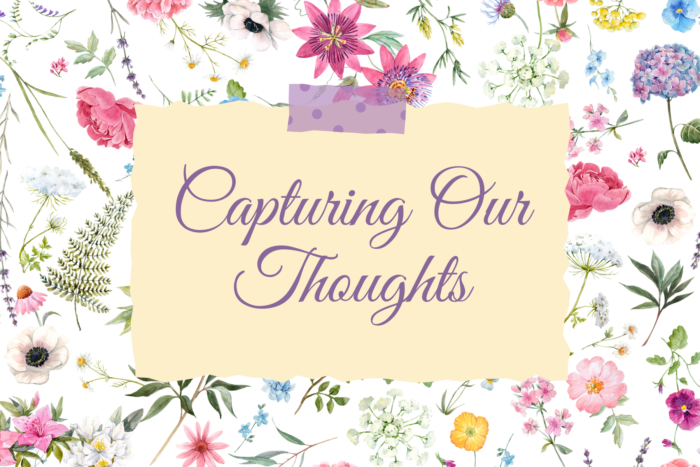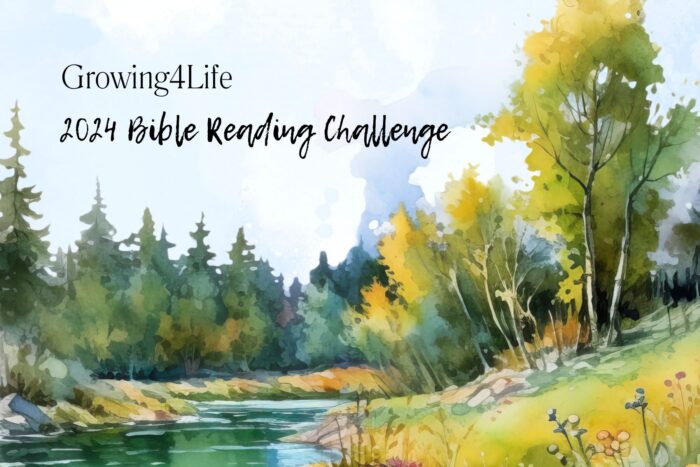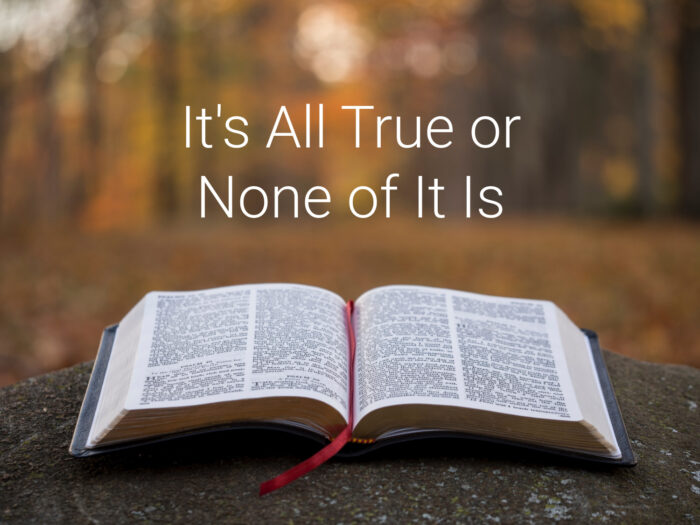Which Eagles?
If I were to write you a letter and include the sentence “I went to town with Jack to watch the Eagles,” you’d have to have the context to understand that sentence. What town? Which Jack?Which Eagles?
There’s a lot that could be construed to be something totally different than what I mean. I could call Philadelphia “town” and have gone with my friend, Jack, to watch an Eagles football game. I could have gone to a town across the way to see local Golden Eagles with my grandson, Jack.
But knowledge about me along with sentences above and below the original sentence—as well as the entire letter and even previous letters from me—will give you the knowledge and the context you need so that you will rightly comprehend that I went to my hometown with my bird-watcher nephew, Jack, to see the Bald Eagles that have been hanging around in the park.
This is what I meant when I wrote the sentence and this is what you will be able to understand if you take to the time to know me and to read all the letters that I send to you.
I know it’s a silly example, but we wouldn’t ever dream of interpreting anyone’s letter without considering the intent of what they mean. We would never just come up with something we “think it means” and call it a day.
I, as the author of the letter, intended a specific thing with the sentence that I wrote. No reader has the right to make an assumption about what they believe I meant. Instead, the right and very natural thing to do is to keep reading to understand my intent.
This is called authorial intent and it’s a really big deal when it comes to interpreting scripture.
You see, so many these days want to tell you that scripture can mean anything you want it to. Verses can be ripped out of context and turned into false doctrines (and we’ve talked about this before) but I think there is something far more dangerous to those of us who want to sincerely follow Christ.
While we wouldn’t think of falling for some errant doctrine that is clearly not biblical, many are starting to wonder if there is just one interpretation for any given Bible passage.
I remember a conversation I had with someone a while back and it surrounded a small group of friends who were talking about whether or not the Bible has just one interpretation. Most of the group believed that it does not; instead, they believed that there are various interpretations and that we can choose to interpret it as we would want. The group was made up of conservative, Bible-believing Christians. This wrong thinking is weaving its way into the church like a cancer.
Just as any letter or sentence that you write will have specific intent, so does the letter written to us by God.
Our job is not to just interpret it willy-nilly but to take time to understand the context; to grasp the meaning of the Author in its historical-grammatical-literal sense.
There are many attacks on scripture these days. Authority, inerrancy, and inspiration have been denied and ignored by many. But, for those of us who would still wholly claim to believe in these things, I believe the most dangerous attack is this idea that there is more than one interpretation and we can choose which one we want to believe.
I have been giving a great deal of thought to why this is happening and, more specifically, why this way to approach scripture appeals to people. I’ll probably write about that next week.
But, in the meantime, I hope this will help us all to remember that we have no right to decide what the Divine Author meant when He wrote the Bible through His Holy Spirit moving in men (2 Peter 1:21). I hope this will remind us of our life-long duty to go about reading the entire letter (Book of the Bible) and the rest of the letters (the Bible) to discern what the Author intended about any passage we may come across.
God gave us His Word as a gift. And that gift is inerrant and inspired and serves as our authority. But so much of understanding the Truth and having our lives changed by that Truth hinges on interpreting God’s letter correctly. May we be dedicated to understanding and dividing it rightly (2 Timothy 2:15).










